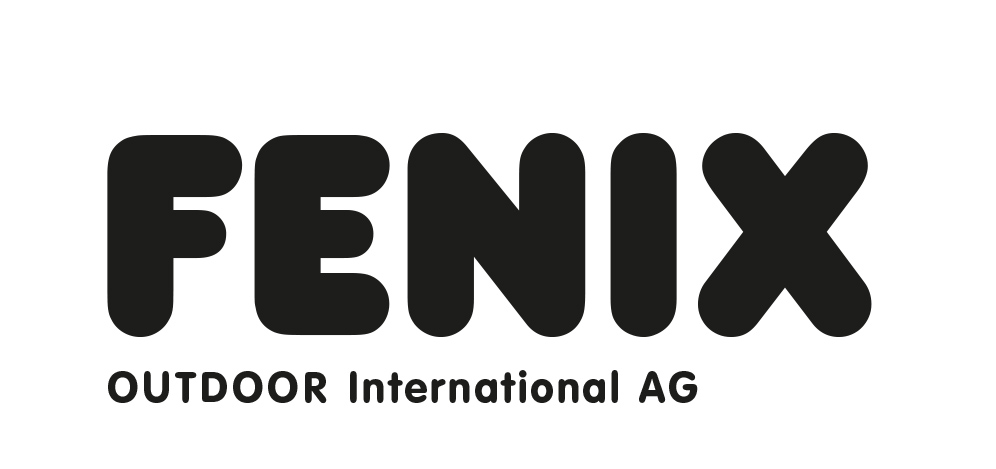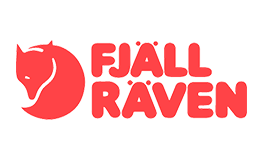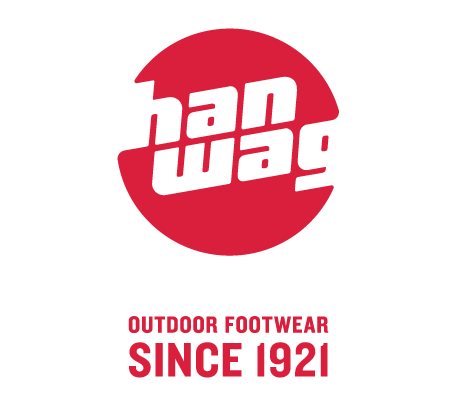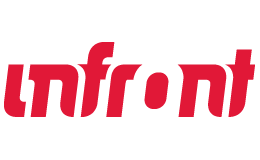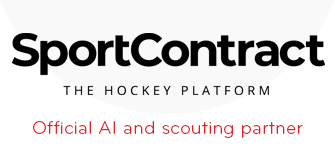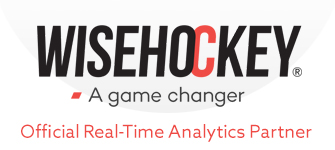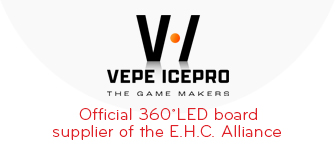The beginnings of the E.H.C.
Background
Sometime around 2005, clubs in major team sports in Europe realized the need of a club alliance. The reason was that the existing governance structures in European team sports did not include the clubs to an extent which the clubs considered was fair and justified. In particular, it did not reflect the clubs’ critical role as provider of the most crucial asset to all international events – the players. Club ice hockey in Europe on top league level went through continuous changes in the last 30-40 years, going from being amateur, through semi-professional to fully professional. In today’s hockey, clubs have a role and obligation to A) recruit players B) develop them C) and employ them, in most cases on 12-month contracts. The process of developing a player from a beginner to a professional performer takes around 10.000 hours which amounts to some 12-15 years.
Given the clubs’ substantial educational and financial responsibility in the area of player development and employment – combined with the ever increasing commercial opportunities which are exploited at major international events – the clubs felt the need of reforming and adjusting the international governance structures. Just like in the other team sports, the hockey clubs wanted to find ways to cooperate with the existing sporting bodies in international hockey to gain influence in the decision process, in all areas where club and player matters were discussed and decided upon.
An Idea was born
At the Champions Hockey League club owners´ meeting on February 18, 2015 in Berlin, Håkan Loob (then GM of Färjestad Karlstad, SWE) made a presentation about an association for clubs and suggested that the European hockey clubs should consider forming such an association, or alliance. The template was taken from football, handball and basketball, major team sports in Europe where clubs have had such associations for some time now.
With this mandate, the work has started to form such an alliance. A group of clubs had earmarked resources for a five-month project with a goal to found such a club alliance among European professional clubs. The five-month project phase was from October 2015 until February 2016.
The Project Phase
During the project phase (October 2015 – February 2016), while executing the mandate given on February 18, 2015 in Berlin, meetings were held with European hockey club leaders and with the sports which already have established club associations. Visits to football (ECA, in Nyon, SUI) and handball (FCH, in Cologne, GER) provided project leaders Håkan Loob and Szymon Szemberg (formerly of the IIHF and the Champions Hockey League) with very valuable information about how successfully found and run such a club organization. Football’s ECA was founded in 2008, while Forum Club Handball in 2011. The goal of the project phase was to gather as much information as possible and to get as much input from as many hockey clubs as possible in order to have presentation material ready for December 2015 when the provisional membership recruiting process started.
Purpose & Objective
The purpose of a club association is to look after, protect and safeguard the interests of the professional clubs in Europe in relations with other hockey and sports authorities or organizations. Football, handball and basketball have been very successful in representing their clubs on issues like compensation for players who have been selected to major national team championships, insurance, player transfers and having influence on determining the international playing calendar. Furthermore, these associations have assumed a role of a service and education organization for their membership. The objective is that the European Club Hockey Alliance (as was the working name during the project phase) should become and act as an employer organization on behalf of their members, the clubs. The four pillar missions of the alliance would be:
- Representation – in all sporting bodies and areas where decisions about club and player matters are taken
- Participation – in decision making in all areas where club and player matters are on the agenda
- Cooperation – with all relevant sporting bodies (IIHF, CHL, NHL, NHLPA, etc)
- Education / Service – to increase the knowledge level among members
The objectives of a hockey’s club alliance were identified to include the following points:
- To safeguard and promote the interests of European hockey clubs in particular, and European club hockey in general;
- To represent the interests of the European hockey clubs in their capacity as recruiters, developers and employers of players and assuming the role of an employers’ organization for European hockey clubs;
- To be recognized by the International Ice Hockey Federation (IIHF) as the sole body representing the interests of the clubs at international level in general and at the European level in particular;
- To work for a constructive relationship with the IIHF in the spirit of partnership, transparency and influence;
- To contribute to the development of European club competitions, by being an active partner in the decision making process;
- To contribute to the sustainability of European club hockey by representing the interests of the clubs in interaction and cooperation with relevant hockey leagues and organizations in North America;
- To contribute to good governance in European and worldwide hockey by being an active and constructive partner in the appropriate bodies within the IIHF;
- To encourage and contribute to increased knowledge level in important areas within the member clubs, as well as fostering networking and cooperation between clubs;
- To be involved and have influence in crucial club related areas such as playing rules, international transfers, international calendar, arena development, equipment and player safety;
- To make the clubs take interest in international matters which impact their business and that relevant information is shared with the clubs;
- To support and uphold integrity, safety and fair play in European club hockey;
- To support European clubs in all areas as determined by the membership.
Düsseldorf, 2 March 2016: The first meeting
Wednesday 2 March 2016 marked the beginning of a new era in European club ice hockey. 54 clubs from 15 countries registered for the meeting in Düsseldorf and another 13 requested to be informed about the outcome of the meeting.
Never before has one single gathering hosted so many clubs from so many countries under one roof. In the beautiful environment of the Düsseldorf football arena, the clubs which are the backbone and lifeblood of European hockey, took a very concrete step towards an alliance founded by the clubs, for the clubs and run by the clubs.
Prior and during the meeting the clubs identified 1. Economy, 2. Player related issues and 3. International calendar as the most pressing areas for the clubs, followed by 4. Influence, 5. Cooperation with other hockey bodies and 6. Education / Networking.
After initial presentations, which included one by Gerd Butzeck (Managing Director of Forum Club Handball, FCH) who explained how handball clubs went through the same process ten years ago, the hockey clubs elected a 10-men interim board which was given the mandate to determine the structure and define the areas of priorities for the organisation.
The elected E.H.C. interim board:
Marc Lüthi, CEO SC Bern, Switzerland
Håkan Loob, GM Färjestad Karlstad, Sweden
Mikhail Ponomarev, Owner Düsseldorfer EG, Germany
Franz Kalla, CEO Vienna Capitals, Austria
Jiri Slegr, President HC Litvinov, Czech Republic
Tommi Virkkunen, Chairman Kärpät Oulu, Finland
Jürgen Arnold, Chairman ERC Ingolstadt, Germany
Neil Black, Owner Nottingham Panthers, G. Britain
Kjetil Böe, CEO Stavanger Oilers, Norway
Richard Lintner, President Slovak League
During a constituting meeting which followed immediately after the club meeting, the interim board internally named Marc Lüthi as president while Håkan Loob and Mikhail Ponomarev were named vice-presidents. Szymon Szemberg was named interim Managing Director. Apart from electing the interim-board the clubs who were present in Düsseldorf decided about the following road map with a vote of 38 clubs for and 0 against.
As the initial five-month project is over, the clubs voted to bridge the funding between the project and the permanent organisation by paying in €1500, as an “interim-fee”. This would secure the daily operations of the alliance during the months of March, April, May and June, including costs for the 13-14 April interim board meeting in Vienna and the founding meeting on 13 June in Berlin.
By taking the vote, the clubs also agreed that by signing the Provisional Membership Application Form, the club agreed to the €1500 payment as Interim-fee.
The Düsseldorf meeting ended with 38 clubs signing and handing in their signed Provisional Membership Application Form.
The clubs who paid in €1500 automatically registered for the founding meeting in Berlin on 13 June where the rule “One-club-one-vote” would apply.
It was the goal of the E.H.C. to be able to invite as many clubs as possible to the 13 June meeting in Berlin, not just those who attended the Düsseldorf meeting, but also those who for different reasons could not attend.
Berlin, 13 June 2016: The founding meeting
It was 15.50 on Monday 13th June at Mercedes-Benz Arena in Berlin when E.H.C interim President Marc Lüthi asked the club representatives if they approved the formal founding of the Alliance of European Hockey Clubs after a four-month provisional period. There were lots of green cards for yes, no yellows for abstention and no reds for no. The very same second, the “interim” disappeared from the title and a new club alliance was born, founded by the clubs, for the clubs and to be run by the clubs.
Between the initial meeting in Düsseldorf on 2 March 2016 and the official founding gathering at the in Berlin, 72 European clubs had signed up as provisional members leading up to Monday’s historic founding. These 72 clubs from 13 countries became founding members of the E.H.C. Alliance.
The clubs approved the following the five long-term goal for the E.H.C.
1. Strive for direct representation and active participation in deciding bodies of the IIHF
2. Use unity and synergy effects for member clubs via centralized marketing efforts
3. Assist growing the pro game in aspiring leagues and new markets
4. Be an active partner on player transfer issues with North American leagues
5. Membership to grow to include 75% of clubs in the top-15 Euro leagues
The clubs are also looking to gain influence into key issues such as the international calendar and playing dates, playing rules and player safety.
In his opening speech, Marc Lüthi said:
“A large number of European clubs are struggling financially. We would not all be here if most clubs were rich. To achieve certain goals – to challenge others but also themselves – clubs need an alliance that provides them with a unified voice.”
“The E.H.C. intends to be a constructive partner with all stakeholders in international hockey, primarily with the IIHF, the national federations, the leagues and the league organisation Hockey Europe,” said Lüthi.
IIHF President René Fasel was an invited guest at the founding meeting and he addressed the some 60 clubs which were represented on hand or via proxies in Berlin. In his speech, Fasel explained how the IIHF is structured and he acknowledged the E.H.C’s objective of club representation in various IIHF bodies.
“Bring your concerns and challenges, let’s work together on solving them, and let’s make our game better, said the IIHF President.”
The clubs furthermore approved the reviewed Mission & Vision statements.
Vision: The E.H.C. is intended to represent its members, and to look after their interests through direct representation and active participation in all areas where decisions are made which affect them.
Mission:
To make European hockey clubs and the European game stronger, organizationally and financially, while being a constructive and responsible partner towards all stakeholders in international hockey, in particular towards the IIHF.
The first elected E.H.C. board:
Marc Lüthi, CEO SC Bern, Switzerland - President
Håkan Loob, GM Färjestad Karlstad, Sweden -VP
Jürgen Arnold, Chairman ERC Ingolstadt, Germany – VP
Franz Kalla, CEO Vienna Capitals, Austria
Jiri Slegr, President HC Litvinov, Czech Republic
Tommi Virkkunen, Chairman Kärpät Oulu, Finland
Neil Black, Owner Nottingham Panthers, Great Britain
Kjetil Böe, CEO Stavanger Oilers, Norway
Richard Lintner, President Slovak League
